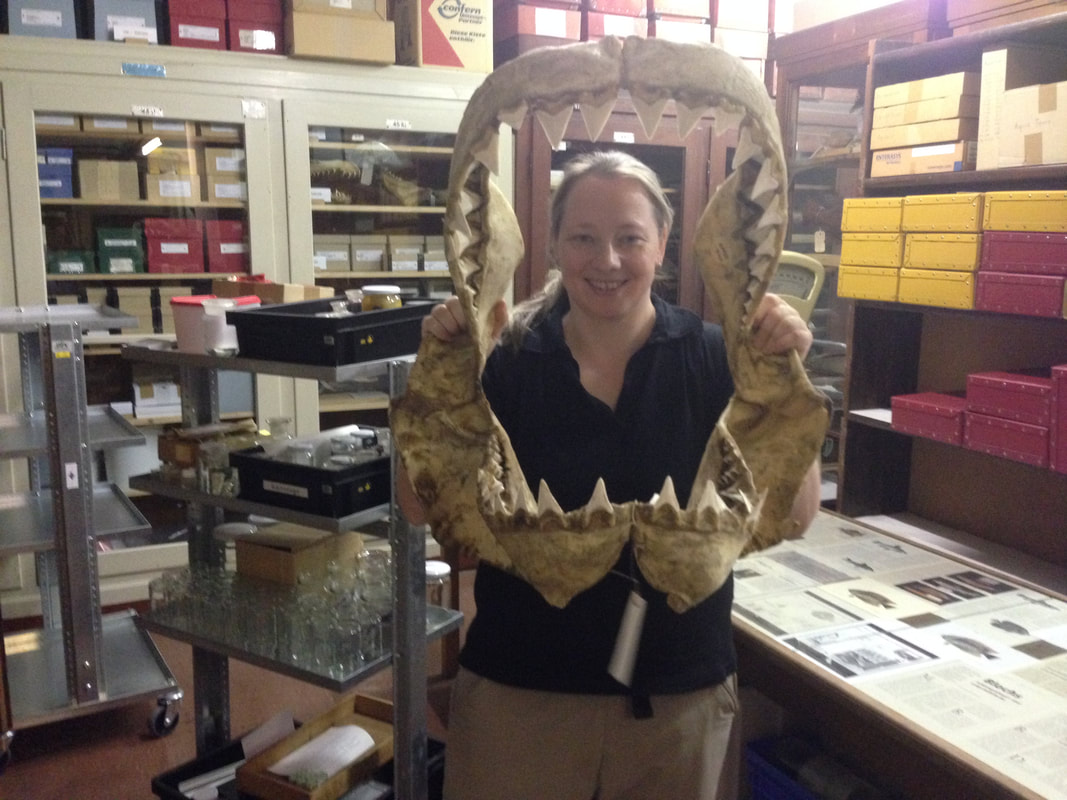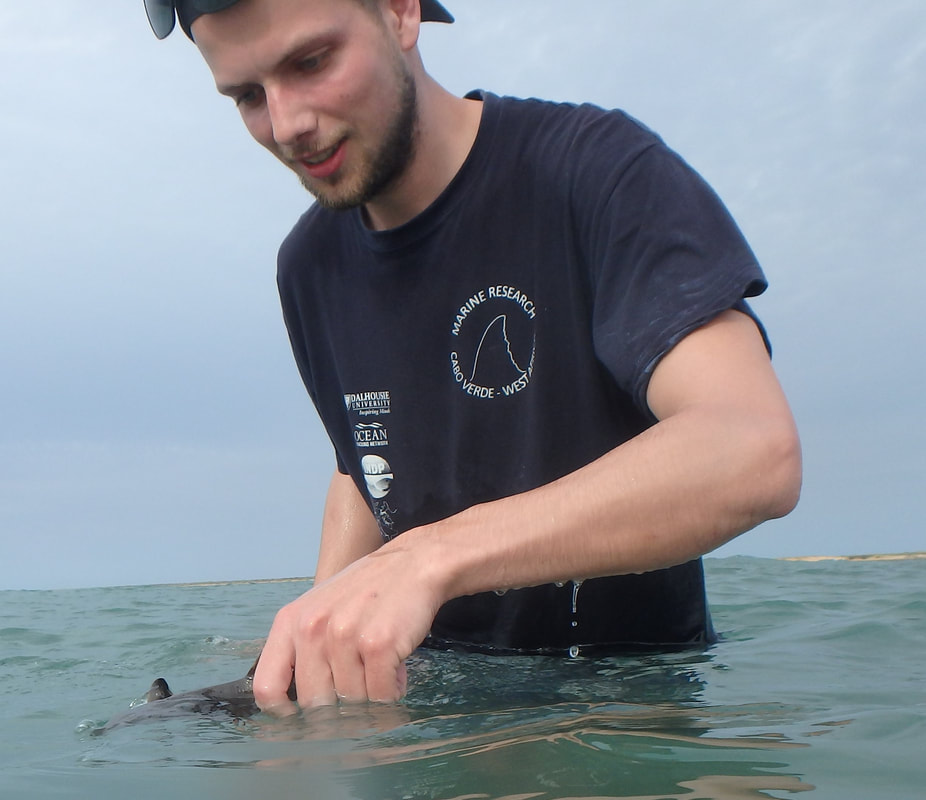Marine Historical Ecology Working Group
Co-Chairs
- Dr. Manuel Dureuil | based in Germany [Northern Europe Regional member]
- Heike Zidowitz based in Germany [Northern Europe Regional member]
Introduction
Studies looking into historical data often deliver forgotten pictures of elasmobranch occurrence and abundance. With a loss of knowledge of former population sizes and species diversity in some regions, a so-called shifting environmental baseline syndrome hinders setting accurate management targets, recovery goals, and conservation objectives for elasmobranchs. In the just commencing UN decade of ecosystem restoration (2021-2030), the use of historical data and Marine Historical Ecology (MHE) to reimagine and reconstruct former important elasmobranch habitats and diversity can be a very useful field of data analysis to define conservation objectives for their management and recovery, restoration, rewilding and even reintroduction. This working group promotes and encourages MHE in elasmobranch research to better inform their conservation in a wider spatiotemporal frame.
The tasks of this Working Group will be
- Establish a (digital) workplace to connect, exchange information and collaborate with scientists working on historical data in elasmobranch research.
- Introduce members to the field of Marine Historical Ecology, provide an overview and easy access to the fundamental scientific literature of MHE.
- Collate available publications related to elasmobranch MHE to provide a comprehensive list of work and authors/researchers in this field and a central hub on data and information.
- Provide an overview and review of data collection methods for MHE (sources and data retrieval).
- Provide information on data presentation when lacking large datasets: qualitative-descriptive data, photographs and artwork, anecdotal descriptions, linguistic approaches, long-time trends, GIS and mapping, DNA analyses, and habitat modelling.
- Advance the understanding of the historical abundance, importance, occurrence, and threats of elasmobranchs and detect the shifting environmental baseline syndrome in fisheries and population data.
- Advance the understanding of suitable restoration measures and targets, as well as anthropogenic impacts and the assessment of the state of elasmobranchs.
- Highlight and present the potential of MHE to inform Red List assessments, restoration targets, conservation management and policies at conferences and through webinars.
- Complement the IUCN Rewilding Principles and Guidelines for Reintroductions and Other Conservation Translocations for elasmobranchs.
|
‘What does restoration mean, what are meaningful restoration goals, and which species have occupied what areas and habitats in the past? Marine Historical Ecology deals with many pressing issues of current restoration efforts. This is highly visible in areas that have been exploited for hundreds of years, such as the North Sea in Europe and elsewhere. Let us make sure that the past is not forgotten and instead resurrect former elasmobranch numbers and presences.’
|
Explore the other IUCN SSC Shark Specialist Group Working Groups:


